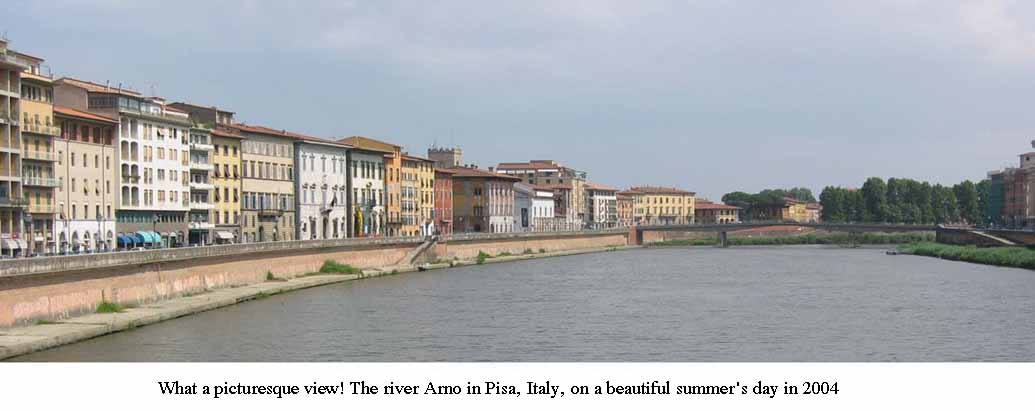K. Mansfield's 'The Voyage'. What makes it so different from the rest of her short stories?
What makes K. Mansfield's short story The Voyage
stand out so oddly on the one hand,
on the other so remarkably from all her other
short stories we've tried to analyse and appreciate?
At first sight one misses a plot, along which a string of complex, tension-loaded "occurrences" is tied up, meant to rouse and raise the readers' interest in the story and not to dismiss them before a final denouement of some kind or other has been accomplished. Yet, surprisingly, the short story The Voyage falls out of line with this pattern. The narrative lacks such a trajectory in the sense of a real follow-up sequence of actions. Instead, the writer seems obsessed with the description of details, which she achieves with unrivalled skill. Thus it is a minute depiction of tiny bits and pieces of a romanticism-evoking 'moonlight-shadow' play to enchant us and cast a spell across the harbour with its ships and people embarking on The Voyage with the young girl and her grandma.
The passage is a homebound crossing, the end of which is crowned with blissfulness, and not with the heroine's discovery of disgust underneath reality as comes true with Bertha Young, the protagonist in Bliss. In deviation from the usual scheme of her short stories The Voyage ends with a poem of an awfully banal and overly simple form: no trace of any significant imagery, just sweet and innocent like the soul and uncorrupt mind of the child-protagonist herself.
Beneath the poem's truism that time goes by and cannot be set back, we are bequeathed the advice to enjoy each and every minute of our lives - along with and in analogy to Horace's famous dictum "carpe diem". There is nothing that perplexes or strikes us (wonder) in the tale. We are fulfilled (by the very fact) to have reached our 'destination' with the girl and be back home again to where we belong. There is something honest in the banality of the language, some hope, some light. There is no disillusionment of a beautiful mother (estranged from herself by the conventions of society, which she has to comply with → Bliss), or a girl's initiation into adulthood by immersing her into reality through harassment and psychic torture (→ Laura in The Garden Party). Evidently The Voyage is an autobiographical story telling us of a world of order and harmony during/from Mansfield's (happy and peaceful?) childhood.
--------
This is the one paper I personally deem one of my best. Unfortunately Mr. Rosenfeld forgot to read / rate / criticize it. Towards the end of our six-week course it became evident that we were all ‘stressed out’, including Mr. Rosenfeld, from whom we had learnt to work hard, sensitively, in close relation to our texts, with an eye for details, and in precise terms as far as possible.

